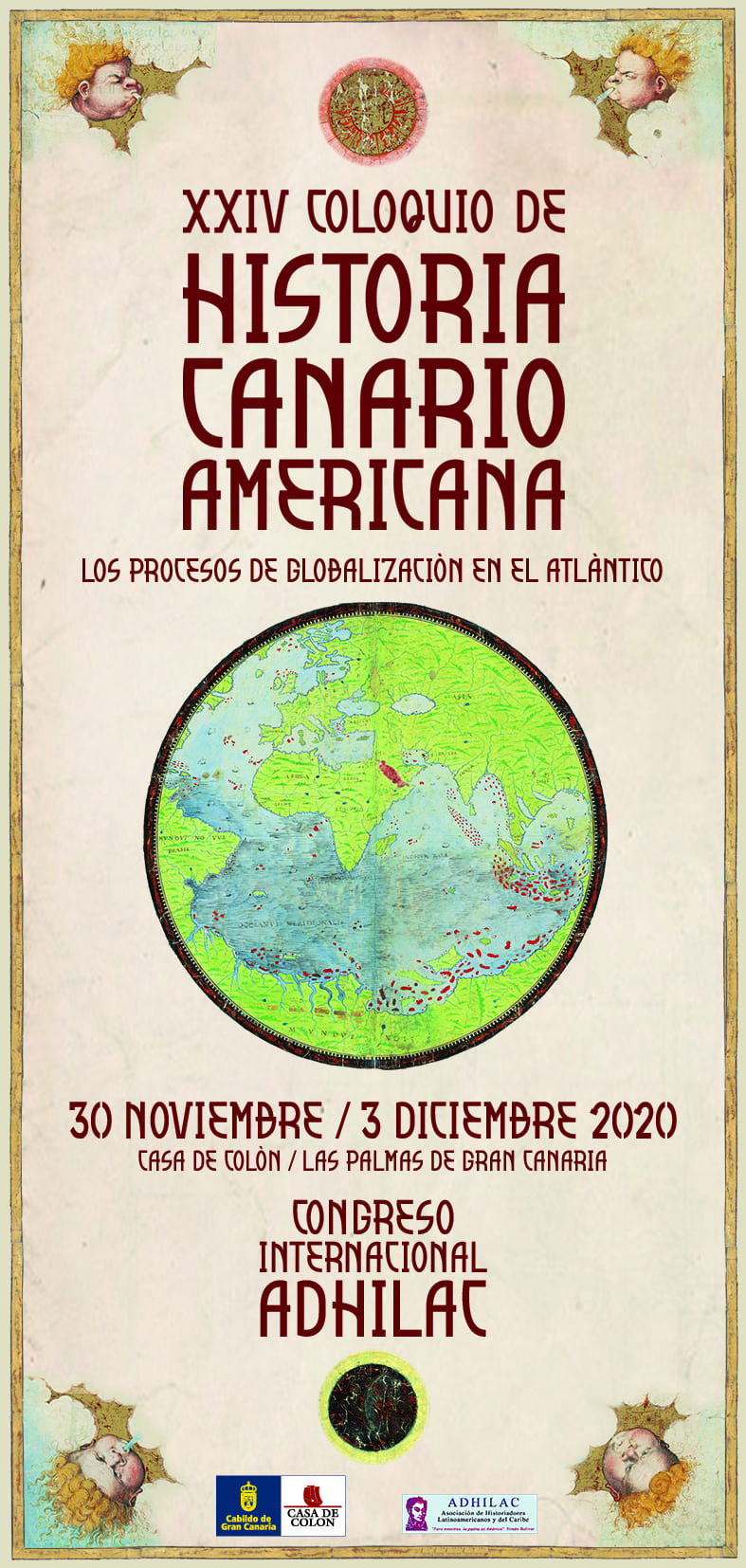El origen africano de la Revolución Haitiana / The african origin of the Haitian Revolution
Resumen
En una monografía muy conocida, Laurent Du Bois observa que «la Revolución Haitiana fue un movimiento transcultural ?único. En el siglo XVIII la población de «Saint Domingue» era esclava, y también africana, había venido de muchas regiones y contextos políticos y religiosos muy variados, y organizaron la revolución con lo que habían traído con ellos.» Esto ayuda a comprender que la Revolución en si misma es una Revolución Africana. Una consideración demográfica muestra el carácter africano. En 1789, entre los 500,000 esclavos que viven en Haití, quizás dos tercios de ellos habían nacido, criado y socializado en África. La Revolución comenzó en 1791, y termino en 1804. Produce un choque en el mundo occidental, y constituye una de las tres mayores revoluciones del siglo XVIII, posiblemente más importante en sus efectos que la Revolución Americana y Francesa.
In a well-known monograph, Laurent Du Bois observes that «the Haitian Revolution was a unique cross-cultural movement. In the 18th century the population of «Saint Domingue» was mainly slaves, from Africa. They had come from many regions of varied political and religious contexts and organized the revolution with what they had brought with them.» This helps to understand that the Revolution itself is an African one. A demographic consideration shows its’ african character. In 1789, among the 500,000 slaves living in Haiti, perhaps two-thirds had been born, raised and socialized in Africa. The Revolution began in 1791 and ended in 1804. It shocked the Western world and constitutes one of the three greatest revolutions of the 18th century, possibly more important in its effects than the American and French Revolutions.




